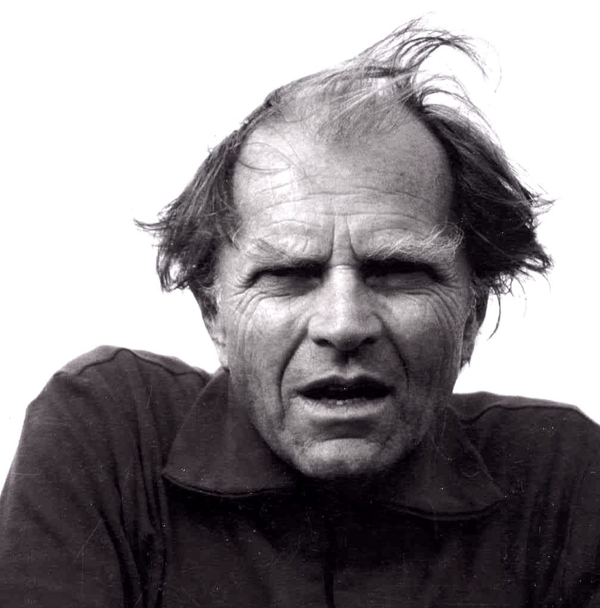Centuries ago, in order to free society and state from priestly rule, liberal polities developed the notion of separating church from state. This shift served not only to free citizens from religious diktats, but freed them to live according to their own religious beliefs and practices. Yet the line soon became blurred, as scientism—science as ideology—gathered an increasingly religious character, and its self-proclaimed authorities took on a priestly cast.
Over the course of the 20th century, government-funded Big Science replaced the ideal of the autonomous scientific community. Today, credentialed scientists, public officials, journalists, and “science believers” use censorship and heresy hunts to impose policy based on enforced consensus. The philosopher of science Paul Feyerabend proposed counteracting this deformation by separating science and state. His idea was to make it constitutionally impossible for the state to endorse and enforce a scientific orthodoxy, just as it is to impose any religious orthodoxy. The brief breathing space between Covid and climate lockdowns offers an opportunity to revisit Feyerabend’s vision, and show what putting it into practice would require of politicians, bureaucrats, and citizens.
